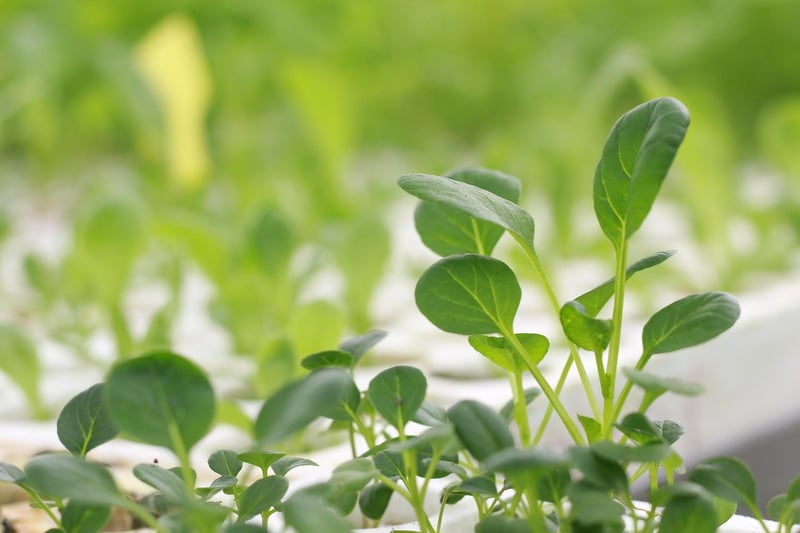Aeroponics
The Future of Farming: Aeroponics Revolutionizing Cultivation
In the realm of agriculture, innovation is key to meeting the challenges of a growing population and diminishing resources. One such groundbreaking technique that is changing the way we cultivate plants is aeroponics.
What is Aeroponics?
Aeroponics is a modern method of growing plants in an air or mist environment without the use of soil. Instead of soil, plants are grown in a nutrient-rich water solution, and their roots are suspended in the air. This technique allows for more efficient nutrient absorption and oxygenation, promoting faster growth and higher yields.
Advantages of Aeroponics
- Water Efficiency: Aeroponics uses up to 90% less water than traditional farming methods, making it a sustainable choice in water-scarce regions.
- Space-Saving: Since aeroponic systems can be vertically stacked, they require less space, making them ideal for urban farming and indoor cultivation.
- Faster Growth: Plants grown aeroponically experience faster growth rates due to increased oxygenation and nutrient uptake.
- Higher Yields: The precise control over nutrient delivery in aeroponics results in higher yields compared to conventional farming.
- Pesticide-Free: Without soil, aeroponic systems reduce the risk of soil-borne diseases, eliminating the need for harmful pesticides.
Applications of Aeroponics
Aeroponics is being used in various settings, including:
- Commercial agriculture
- Indoor vertical farms
- Research institutions
- Space agriculture
Conclusion
As we look towards a future where sustainable farming practices are paramount, aeroponics stands out as a revolutionary method that offers numerous benefits. By harnessing the power of aeroponic technology, we can cultivate crops more efficiently, conserve resources, and pave the way for a more sustainable food system.

Explore the world of aeroponics and discover the endless possibilities it offers for sustainable agriculture!
